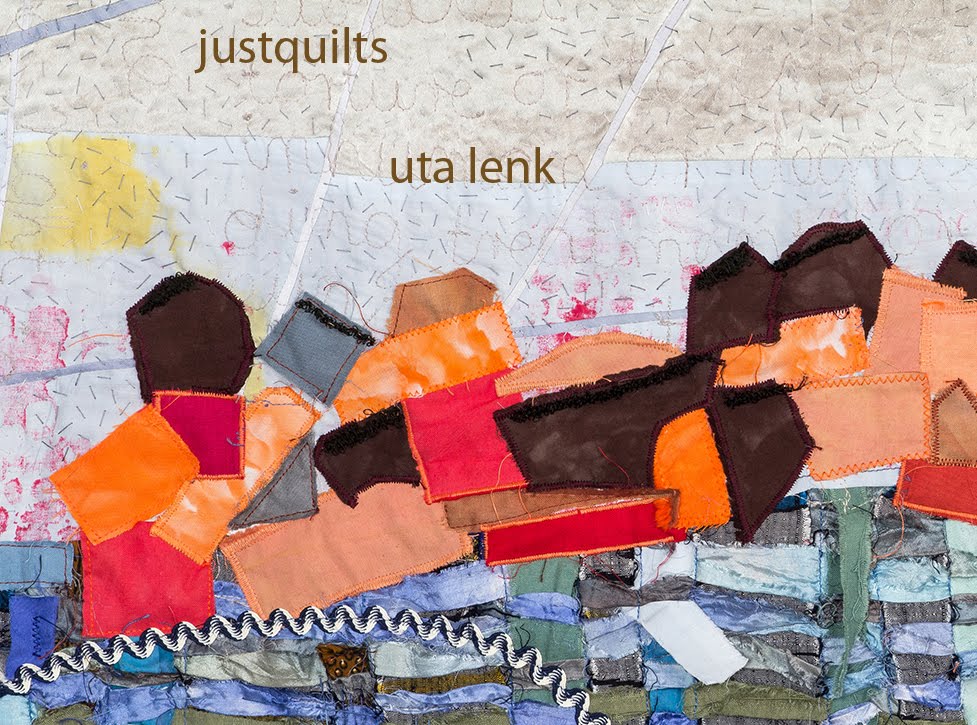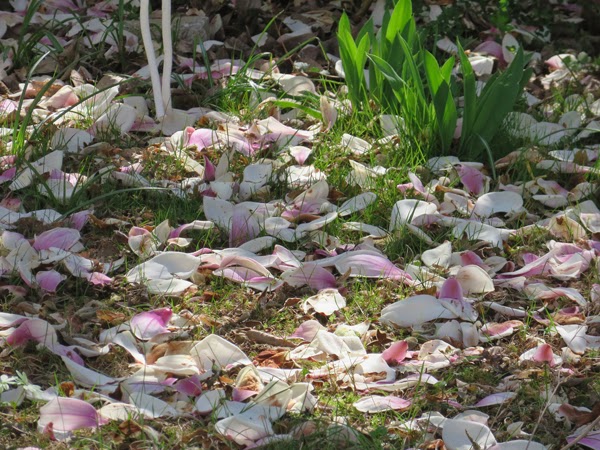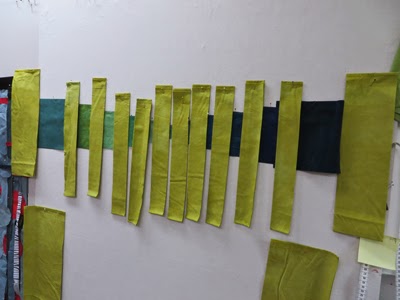A couple of
days ago one of the last things my son said before he went to sleep was „So why
are they doing this in Ukraine
I also thought about that book which was popular many years
ago, in the late eighties, “All I really need to know I learned in
kindergarten”. Somehow it felt that there should have been a rule in there that
could be applied to this nasty situation. But I had not kept my copy of the
book, and if I should have copied out the rules, I certainly didn’t know where
to look for them in my “archives”.
When I
checked on the internet, however, it turns out that memory is a delusion. I thought
I had remembered that there were 10 rules listed in the book, and that they
covered the basic turns of life. Turns out that the first ten rules are the
most poignant ones - if rather simplistic - and that my memory simply had deleted the ones after that,
because even back then I thought they were rather American-childhood-centered and
slightly off the topic. And it doesn’t really say something about squabbling
and fighting, and how to end a useless and futile situation. So my musings about
whether any of the guys involved ever went to a decent kindergarten don’t
really hit the point, although a combination of several of the rules certainly
should be helpful if applied.
Meanwhile Syria is all but forgotten, a catastrophical
famine is on its way in Southern Sudan, the Arab countries still haven’t found
their peace, and even India
Somehow it
was difficult to sit down at the sewing machine this week...
These are the 'rules',
quoted from here:
“These are the things I
learned (in Kindergarten):
1. Share everything.
2. Play fair.
3. Don't hit people.
4. Put thngs back where you found them.
5. CLEAN UP YOUR OWN MESS.
6. Don't take things that aren't yours.
7. Say you're SORRY when you HURT somebody.
8. Wash your hands before you eat.
9. Flush.
10. Warm cookies and cold milk are good for you.
11. Live a balanced life - learn some and drink some and draw some and paint some and sing and dance and play and work everyday some.
12. Take a nap every afternoon.
13. When you go out into the world, watch out for traffic, hold hands, and stick together.
14. Be aware of wonder. Remember the little seed in the Stryrofoam cup: The roots go down and the plant goes up and nobody really knows how or why, but we are all like that.
15. Goldfish and hamster and white mice and even the little seed in the Styrofoam cup - they all die. So do we.
16. And then remember the Dick-and-Jane books and the first workd you learned - the biggest word of all - LOOK.”
― Robert Fulghum, All I Really Need to Know I Learned in Kindergarten
2. Play fair.
3. Don't hit people.
4. Put thngs back where you found them.
5. CLEAN UP YOUR OWN MESS.
6. Don't take things that aren't yours.
7. Say you're SORRY when you HURT somebody.
8. Wash your hands before you eat.
9. Flush.
10. Warm cookies and cold milk are good for you.
11. Live a balanced life - learn some and drink some and draw some and paint some and sing and dance and play and work everyday some.
12. Take a nap every afternoon.
13. When you go out into the world, watch out for traffic, hold hands, and stick together.
14. Be aware of wonder. Remember the little seed in the Stryrofoam cup: The roots go down and the plant goes up and nobody really knows how or why, but we are all like that.
15. Goldfish and hamster and white mice and even the little seed in the Styrofoam cup - they all die. So do we.
16. And then remember the Dick-and-Jane books and the first workd you learned - the biggest word of all - LOOK.”
― Robert Fulghum, All I Really Need to Know I Learned in Kindergarten

























































